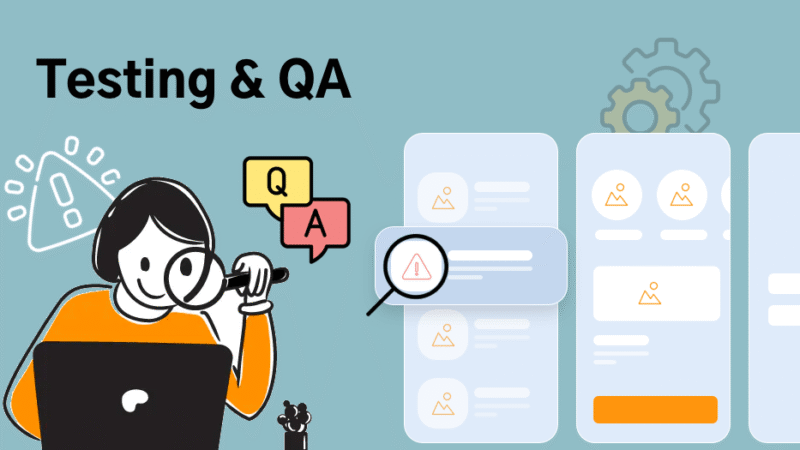The Future of Mobile Apps in Australia: Insights and Predictions
The Future of Mobile Apps in Australia: Insights and Predictions
As mobile technology continues to advance, the landscape of mobile apps is evolving rapidly. For businesses and tech enthusiasts in Australia—and across the globe, including the UK, USA, Singapore, Malaysia, and India—understanding the future trends and predictions for mobile apps is essential for staying competitive and innovative. Here’s a comprehensive look at what the future holds for mobile apps in Australia.
1. Growth of 5G Technology
The rollout of 5G technology in Australia is set to revolutionize the mobile app industry. With faster data speeds and reduced latency, 5G will enable apps to deliver richer and more immersive experiences. This advancement will support high-definition video streaming, real-time data processing, and complex augmented reality (AR) applications, making it a crucial factor in app development.
2. Expansion of Artificial Intelligence (AI) and Machine Learning (ML)
Artificial Intelligence (AI) and Machine Learning (ML) are poised to play a significant role in the future of mobile apps. In Australia, businesses will increasingly integrate AI to enhance user personalization, automate customer service with advanced chatbots, and analyze user data for better decision-making. Expect AI-driven features such as voice recognition, predictive analytics, and intelligent recommendations to become commonplace.
3. Rise of Augmented Reality (AR) and Virtual Reality (VR)
Augmented Reality (AR) and Virtual Reality (VR) are gaining traction in the Australian market. As AR and VR technologies become more accessible, they will be used to create engaging and interactive experiences in various sectors, including retail, real estate, and education. For instance, AR can offer virtual try-ons for fashion, while VR can provide immersive property tours or educational simulations.
4. Increased Focus on Mobile Security
As mobile apps handle more sensitive data, security will become a top priority. In Australia, developers will focus on implementing advanced security measures to protect user information from breaches and cyberattacks. Features such as biometric authentication, end-to-end encryption, and secure data storage will become standard to ensure user trust and compliance with regulations.
5. Popularity of Cross-Platform Development
Cross-platform development frameworks like Flutter and React Native are gaining popularity due to their efficiency and cost-effectiveness. These frameworks allow developers to build apps that work seamlessly across multiple platforms with a single codebase. In Australia, this approach will enable businesses to reach a broader audience while reducing development time and costs.
6. Emphasis on User Experience (UX) and Design
User experience (UX) and design will remain critical factors in the success of mobile apps. In Australia, there will be a growing emphasis on creating intuitive, user-friendly interfaces and seamless navigation. As competition intensifies, apps that prioritize excellent design and user experience will stand out and attract more users.
7. Integration of Internet of Things (IoT)
The Internet of Things (IoT) is expanding its influence, and mobile apps will increasingly integrate with IoT devices. In Australia, apps that connect with smart home systems, wearable technology, and other IoT devices will offer users greater convenience and automation. This integration will enhance functionality and provide users with a more connected and efficient experience.
8. Adoption of Sustainable Practices
Sustainability is becoming an important consideration in app development. Australian developers will focus on incorporating eco-friendly practices, such as optimizing app performance to reduce energy consumption and supporting green initiatives. This trend reflects a growing awareness of environmental impact and appeals to eco-conscious consumers.




